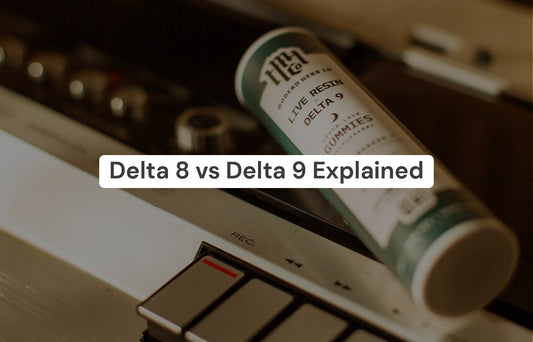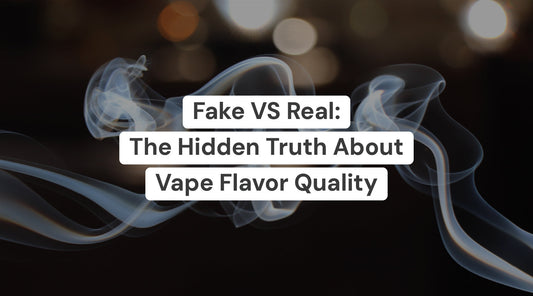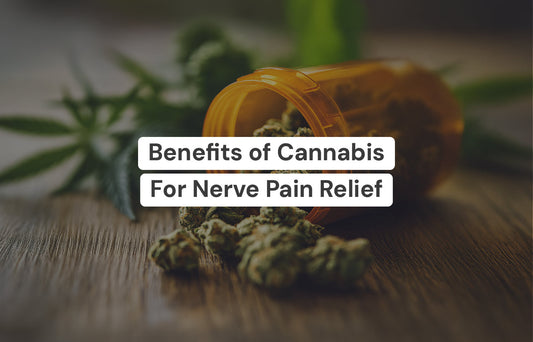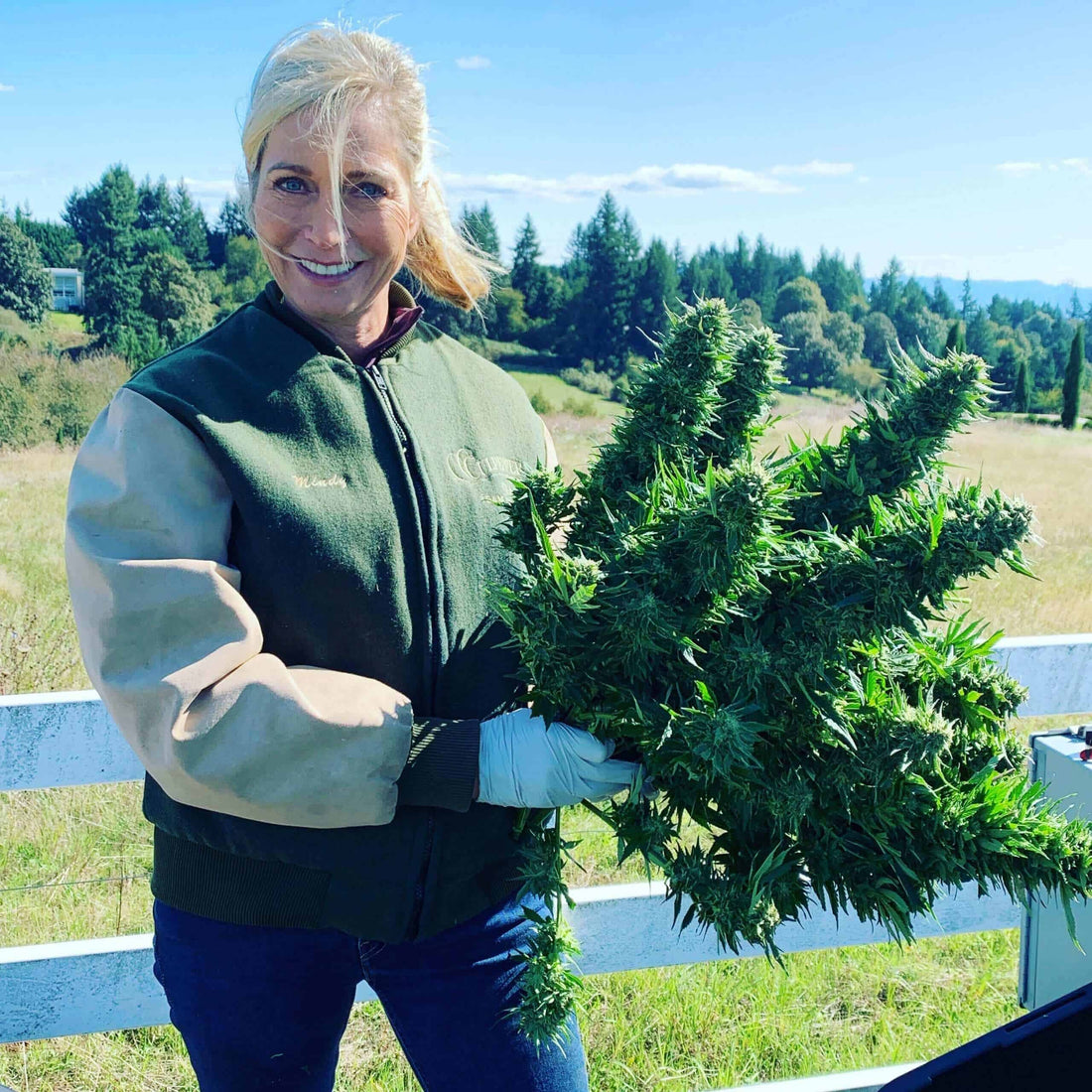
Hemp Farm Feature
Hemp Farm Feature. We got the chance to sit down with Mindy whose product we can barely keep in stock. Buyers are obsessed with their product and Mindy shares all her secrets. Learn from Mindy and if there is any of their biomass available at the time of publishing it will be linked here, but be warned it won’t last long!
Mindy how did you get involved in hemp growing?
I grew up on one of the largest row crop farms in SO and had a 20-acre horse farm property. We have raised our family and lived here for 20 years. We have a vacant field and did not want to downsize or move so I started last year with 5 acres, 8,000 plants. I hired some good consultants and followed a program. My 78-year-old mother lives on the farm and she is a very experienced farmer and was a big help. We followed a strict program and worked really hard. I had a great crop last year even though it was my first year and a lot of other farmers struggled with the weather. We just got lucky with our late planting, so we missed the mold issues from the rain. Obviously it was not all luck it was a lot of hard work and dedication. We had a huge harvest, more than I could handle honestly. We harvested for 35 days straight and filled up our drying facility three times until November 6. We just went to work and never stopped working. And we could not have done it without the help of our family, especially with their row crop farming experience. We really did everything the hard way including drying and curing slow. We realized that doing things the easy way does not work. I am so grateful to have walked through and seen every aspect of the business. I successfully sold 90% of my crop from last year. I listened to everything that people told me to do. Some of the best advice I got was in regard to some of the flower I did not think was the best. I took it around to experts who told me what to do to make the product better, trimming, marketability, and took a lot of mental and physical notes and learned about how storage is so important. Even just packaging it up into smaller packages with mylar sealers with a commercial sealer to preserve the flower. My friend from Organic Green Roots helped a lot with processing, how to get it shelf-ready, and I really leaned on advice from experts, friends in the industry, and Ashley from The Hemp Collect. I feel like it was a success.
"We understand that the drying, curing, and storing is as important, if not more important than the growing...I think it was the difference between selling my crop or not selling my crop."
Can you share a little about your genetics, pest management, growing and harvesting practices on your hemp farm?
This year we are getting so much sun that the hemp plant loves, so I have used less nitrogen. I tipped my plants and pruned more. I grow organically and so currently I have a little bunny problem in one part of the farm and crickets in another. So today the garlic spray is going on in those areas and I bought fox urine for the bunnies.
Every hemp farm has their issues week to week and you just have to stay on top of it. You have to be proactive and address the problems because they will not go away. You have to let go of trying to have the perfect field and let go of the fear of failure. There are just some things you cannot control, like the weather or the market cost. But you have to do a really good job on the things you can control.
I started using organic chicken pellet fertilizer that I found locally in the Willamette Valley and broadcast that on my field. The fields used to be cattle fields and so we spent a lot of time getting the soil ready. I didn't see the benefits last year so much but am absolutely seeing the benefits this year. I mulched the stalks back into the soil last year. This year my inputs were a lot less than last year. I did not use any chemicals. I did not use anything for mold, because we are on top of a mountain so they get a lot of breezes. The breeze is a natural mold and pest repellant and keeps the plant strong and sturdy. I did good spacing with the plants and removed anything on the perimeters that would have caused insects. I really tried to get the field to be as clean as I could possibly make it
For Genetics we mostly grow Oregon CBD. This year we planted close to an acre of The White CBG, which I am excited about and it is so beautiful! I'm growing some T2 which was renamed The Grand this year, it was a really good producer last year. It's nice to have variety since so many people are growing Oregon CBD Genetics. I'm really happy with the 6 strains we have this year. I really feel I am going to have a bumper crop, a lot of flower.
We hand-harvest in totes around 70-100 totes a day. We take them right from the totes and hang dry for 8-12 days. We will have the dehumidifiers going for that and then we cure in paper bags. We learned last year to not store in the super sacks. We understand that the drying, curing, and storing is as important, if not more important than the growing. I learned that as I went and it was one of those things where I was being told that. But I think it was the difference between selling my crop or not selling my crop. I love being in the field, if all I had to do was farm, I would just love it. but I force myself to take time off before harvest so I maintain my stamina and keep my focus. It is such a detailed oriented process and so hands-on and all these things that you have to have your eye on. It is just such a detailed business.
"You have to control your labor costs."
Best tip for other farms or people in the industry?
I think you have to start small with something you can manage. A lot of people are investing a lot of money into their crops and it’s important to come at it from a farmer but also a business point of view. Everything has to pencil. You have to control your labor costs. It's not a get rich quick crop and the wisdom of life has taught me that nothing really happens like that and there is nothing easy about it. I walked the field last year with a cannabis farmer right before harvest and he told me “the easy part is over.”And he was 100 percent right and nothing really could have prepared me for it except for the hands-on, doing it. It’s important to be very involved but in February and December, those are the times to take time. When the industry swells during planting and harvesting, that’s when you are working. It’s important to know going into harvest that there will be 35 days where you will be just continually working. I knew that about harvesting, growing up on a row crop farm and it’s the same with hemp.
Favorite and/or least favorite part about growing hemp?
Watching the plant develop, growing the flower, it's such a rewarding quick crop. You are just rewarded. You can do something and go out 5 days later and get that reward. You know when it is reaching to the heavens it's happy. As a lifetime gardener and farmer, it’s so rewarding to see happy plants. That’s what gets me up every day to go walk my rows, to just be hands-on in the field. I love the fields, the smell, the life, and the oxygen walking through the fields. I sneak out so no one will bug me and I just love it. and at night I walk my horse through the rows and that is for sure my favorite party to know every section and what is going on in each row. I really like all parts of it and this year is easier because there are less unknown.
I am trying to touch the plant less and train everyone to treat it like a prize rose but with massive more abundance. Trying to farm a lot but also still be efficient and that is a big challenge for me. It's one of those details that is frustrating for me, it is hard to train everyone. I hired a harvest crew last year of 6 people in the field and they were just cutting and harvesting all wrong and I had to have them leave. You just cannot do it like that. The standard operating practices are ongoing and need to be done right and I have to delegate and train the crew better this year. Everything is done by hand and I do it differently and it's quality over quantity and that is the name of growing good flower and it’s no different for roses, cannabis, hemp, or lavender.
What do you think are the biggest hurdles for the industry?
For me, in one year our laws changed 3 times. It’s hard to figure out what to grow. It’s difficult and I do not want to be non-compliant. I want to be as compliant as possible. I am shocked that UPS will not deliver your product, you should be able to ship it as a licensed product. The legal landscape, what the laws are, testing. Even trying to compete on a global level with the testing not standardized. I have even heard that some craft beers have more THC than the current hemp limit. I think for the industry globally, it would be good if they had a scale that fit every state and Europe.
Big dreams or goals for the farm or industry?
I would like to partner with like-minded people for product development. I am passionate about horses and have been working with them intensively for 20 years. I do it for more than just sport, I am just really passionate about it. I feel that the CBD products and even CBG but I feel like there is so much promise for animals and we all know that. There. is a lot of research that needs to happen. I have a product line ready to go in my head but I literally don’t have three hours to get it on paper. But I have had some of my own research and development out here on my own. I would love to be able to produce and market a line for the equine industry.
I would love to focus on people that just do not want to smoke. I am afraid of smoking for health reasons. I take the oil that a farmer friend of mine makes and would like to make my own as well as bioavailable teas. I feel like there are a lot of women my age that would love to drink their CBD tea at night. I think it’s just wide open for the industry. I feel like it is all just so raw and there is so much opportunity.
We are already ready for next year. I am looking at cover cropping and growing supplemental plants. I read all about growing cilantro around your farm. I have grown everything organic and just have not gone through the certification process yet. I will be certified next year and I have read all the materials but they offer classes 4 times a year and I think it's one of those things where you need to sit through a class/webinar. But keeping track of products you're using, being able to show what you are using and HAVE SYSTEMS IN PLACE. I had to stop spraying the entire 20-acre property 2 years ago even though I am only growing on 10 acres. We also incorporated weed torchers, weed eating, a lot of mowing. A lot of things are done by hand to combat that. But really it’s having the process in place and being able to show that. Oregon is so friendly with the certification, its a matter of filling out the paperwork, paying $1,400, and then you get inspected during certain times of the year and then get certified.
Final Thoughts
I'm just so grateful to be immersed in this industry. I have been welcomed and got a lot of help and it has been a really fun adventure. I read everything I can and if I’m not working in my field I'm researching and it's wonderful. I feel like it’s just a huge opportunity for small farmers and America.
Related Post
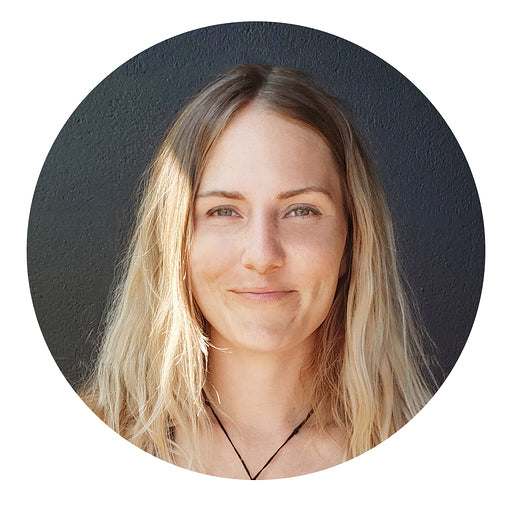
About Ashley Dellinger
Ashley Dellinger is a trailblazer in the cannabis and hemp sectors, serving as the Director of Innovation at The Hemp Collect. With a keen visionary mindset, she not only propels advancements in these industries but also showcases her versatility as a seasoned professional writer based in Oregon. As a collaborative force, Ashley works alongside leading brands, processors, and retailers to elevate industry standards. Ashley Dellinger's work not only sets new benchmarks but also inspires others to pursue excellence. For a closer look into her insights and experiences, connect with Ashley on LinkedIn, Instagram, and Facebook.

